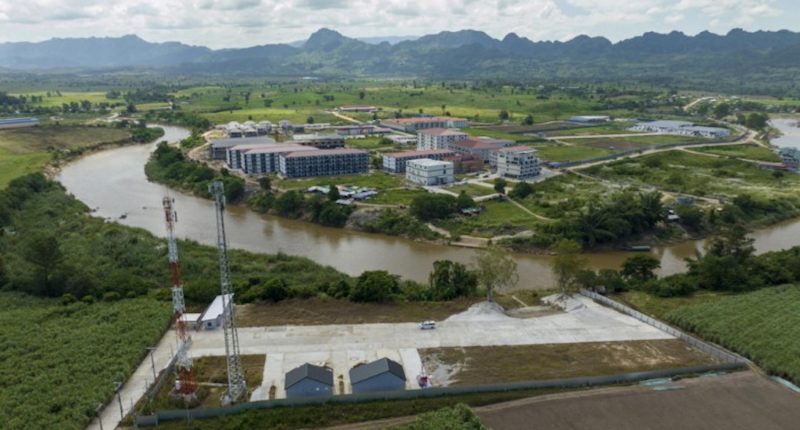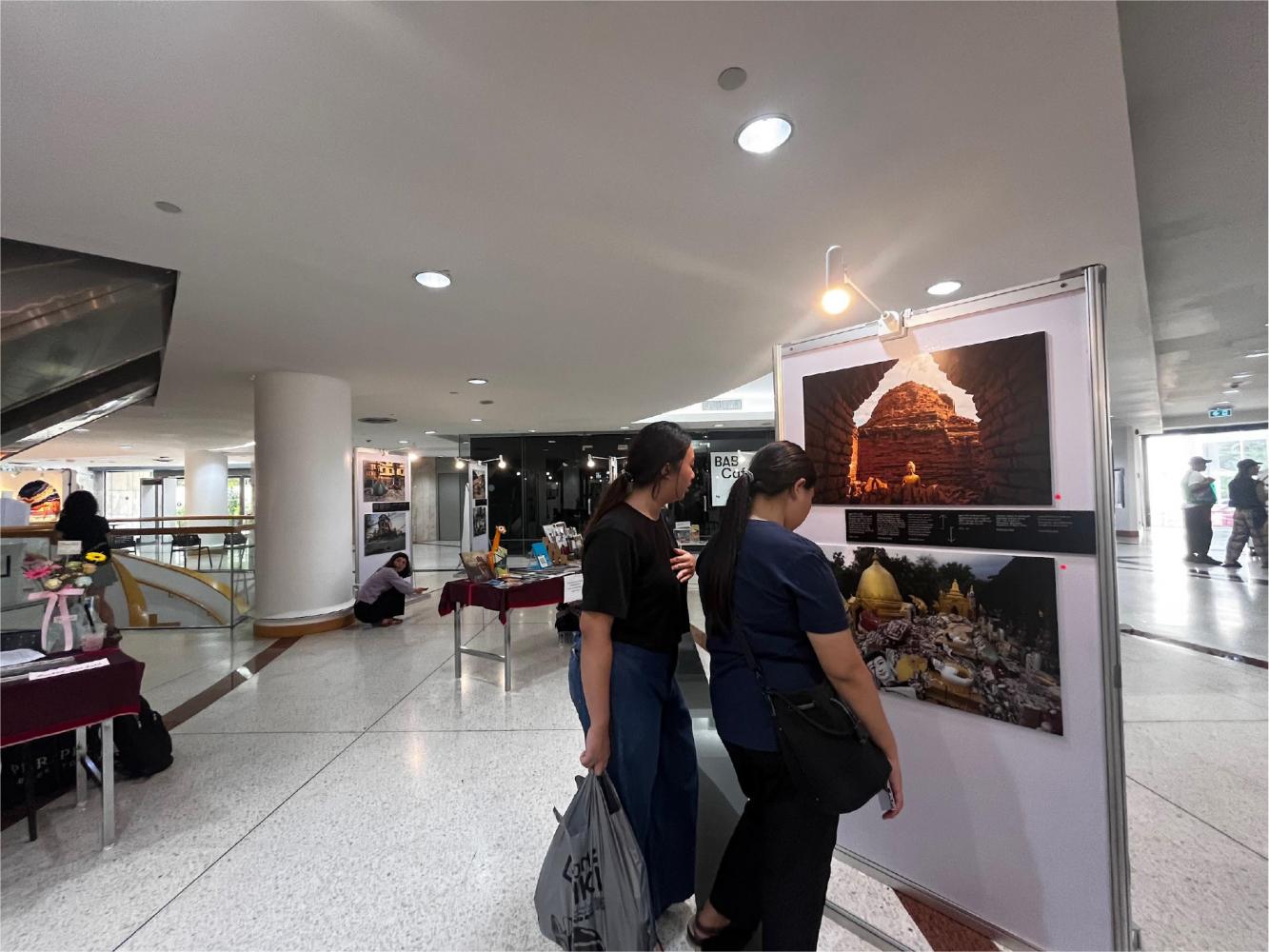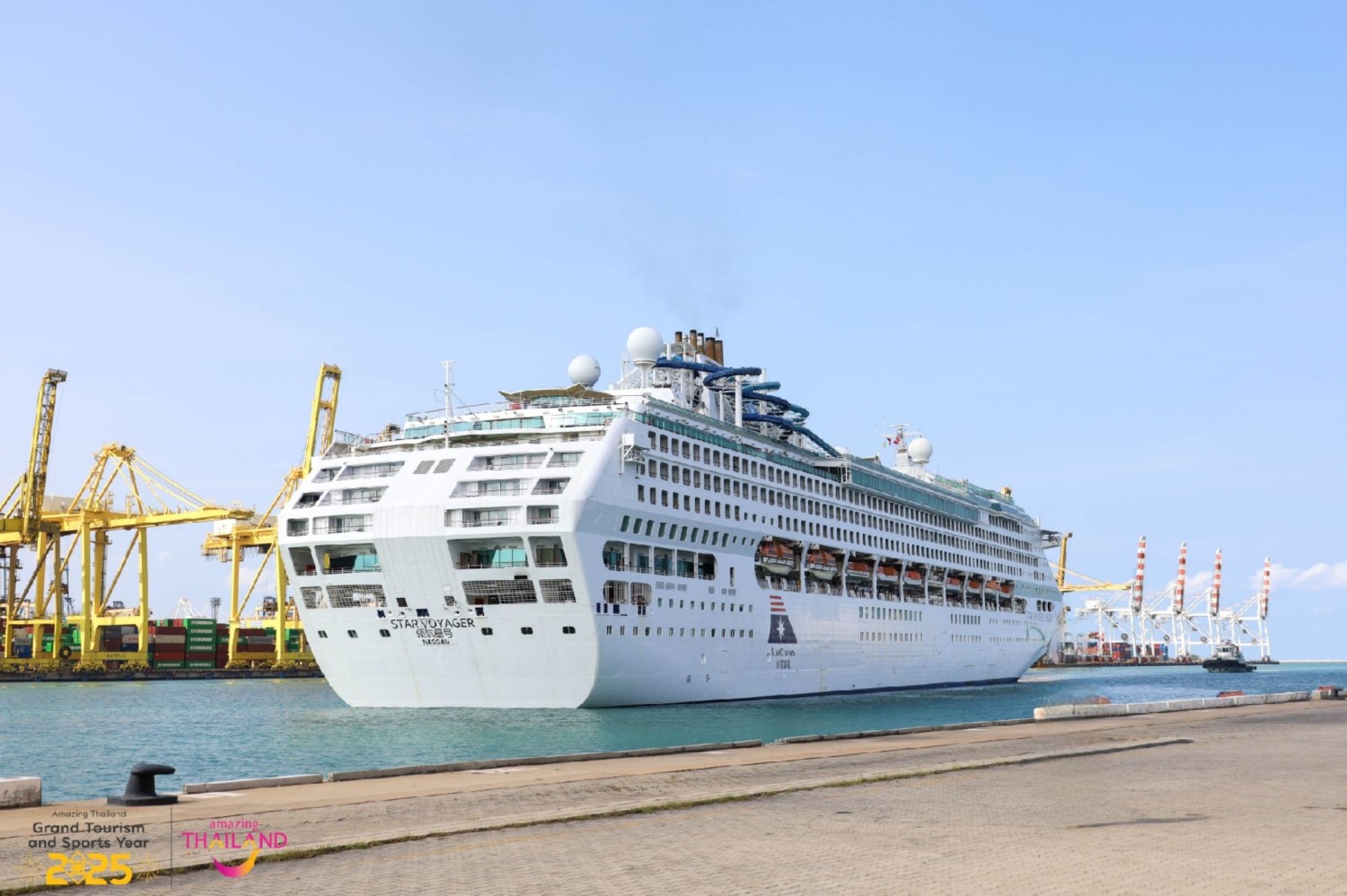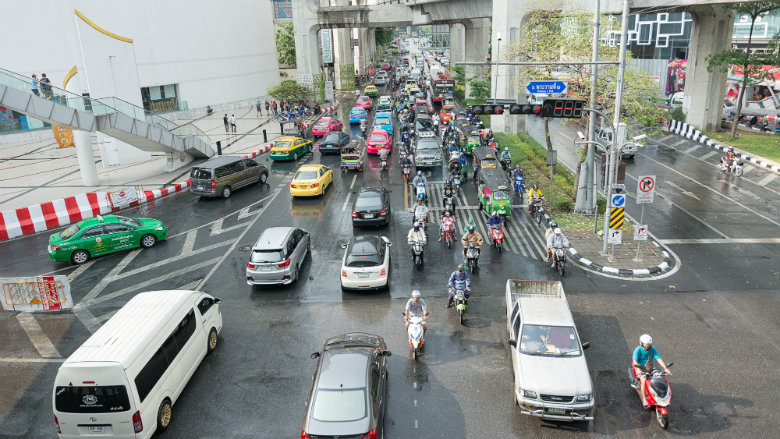Urgent Plea for Government Action to Support Human Trafficking Victims
A strong call for intervention has emerged, urging the Thai government to take swift action in assisting 110 victims of human trafficking who were misled and transported through Thailand into Myanmar for illegal work. These victims, coming from nine different countries, have found themselves in distressing situations, desperately in need of aid.
The Human Trafficking Network’s Plea for Help
The Network for Victim Assistance in Human Trafficking addressed an open letter to Prime Minister Paetongtarn Shinawatra, bringing attention to the plight of these victims. The letter highlights the deceptive practices used by criminal groups to lure individuals into Thailand with false promises of lucrative jobs.
Criminal Deception and False Job Offers
Traffickers operating in Myawaddy, a town opposite Thailand’s Tak province, enticed individuals with attractive job offers. Upon arrival in Thailand, the victims were given assistance with travel expenses and paperwork, only to be forcibly transported into Myanmar:
- Victims were promised high salaries.
- Assistance was provided with documents and travel costs.
- They were taken illegally into Myanmar through the Mae Sot checkpoint.
Harsh Realities Faced by the Victims in Myanmar
Once the victims crossed into Myanmar, they experienced severe hardships:
- Documents and Communication Devices Confiscated: Victims lost all means of contacting family.
- Forced into Illegal Activities: The promised jobs turned out to be coercive illegal work.
- Physical Abuse: Many victims faced violence at the hands of their captors.
- Ransom Demands: Families of the victims were contacted for ransom payments.
Locations of Detained Victims and the Role of Armed Groups
The 110 victims are currently being held in areas controlled by two armed groups in Myanmar:
Karen Border Guard Force (BGF)
- Detains 36 Filipino victims and one Moroccan.
- The BGF has been linked to criminal activities, including running scam call centers.
Democratic Karen Buddhist Army (DKBA)
- Holds the remaining victims.
- The DKBA operates in regions of Myawaddy with numerous casinos, often associated with illicit dealings.
International Pleas for Assistance
Foreign governments have begun to get involved, seeking help for their nationals caught in these human trafficking rings:
- The Foreign Ministries of Bangladesh and the Philippines have reached out to the Thai government for support.
- Diplomatic pressure is mounting as countries demand action to protect their citizens.
The Connection Between Human Trafficking and Criminal Networks
The Network for Victim Assistance referenced a report from the United States Institute of Peace, emphasizing the vast scale of the human trafficking issue in the region:
- Transnational Criminal Gangs in Cambodia, Myanmar, and Laos generate around US$43.8 billion annually from illegal activities.
- Thailand was identified as a transit point for traffickers, highlighting the country’s connection to the broader problem.
Criminal Networks Exploiting Southeast Asia
The illegal activities and trafficking networks in the region:
- Operate across multiple borders, exploiting loopholes and weak regulations.
- Use deception and coercion to manipulate victims into illegal activities.
- Fund operations through scam centers and other unlawful enterprises.
Thailand’s Responsibility in Combating Human Trafficking
The Network emphasized that Thailand cannot distance itself from the problem due to its involvement as a transit country:
- The Thai government must take decisive action to prevent similar incidents.
- Strengthening border controls and cooperation with neighboring countries is crucial.
- Ensuring support and protection for victims who have been trafficked through Thailand is a priority.
The Path Forward: What the Thai Government Can Do
To address the issue and assist the victims, the Thai government is urged to:
1. Enhance Border Security
- Tighten border checks and surveillance to prevent illegal crossings.
- Work with neighboring countries to monitor human trafficking activities.
2. Provide Support for Trafficking Victims
- Establish a system for victim identification and assistance.
- Ensure proper legal aid and repatriation for those affected.
3. Collaborate with International Authorities
- Cooperate with foreign governments to rescue and aid trafficked individuals.
- Share information on trafficking networks to dismantle criminal groups.
Conclusion: A Call for Swift Government Action
The call for Thai government intervention in the case of the 110 trafficked victims in Myanmar is not only a humanitarian appeal but also a reminder of the global nature of human trafficking. As a key transit point, Thailand’s role in preventing and combatting these crimes is critical. With international cooperation, stricter border enforcement, and comprehensive victim support, Thailand can take significant steps toward breaking the chains of trafficking and ensuring that such tragedies are not repeated.








